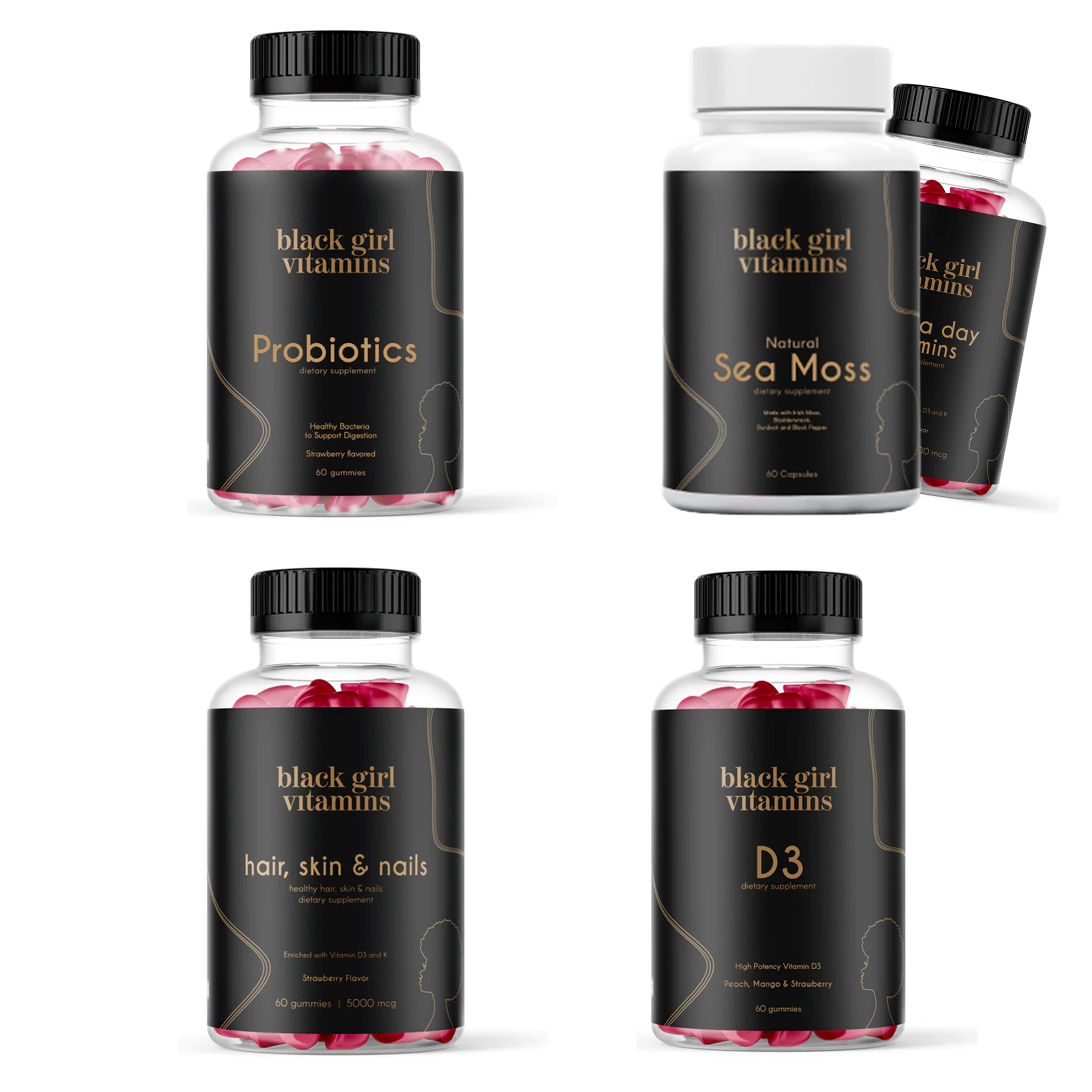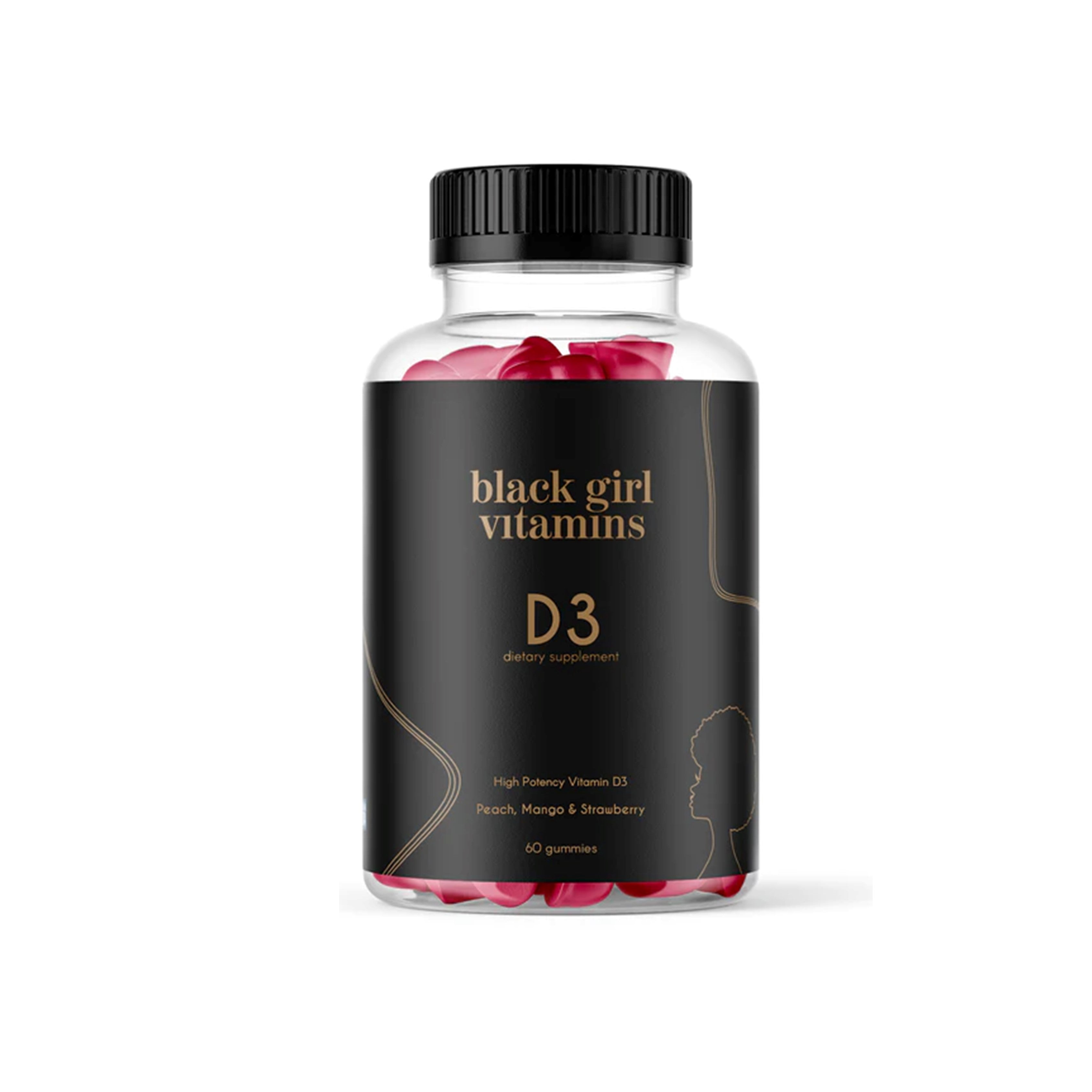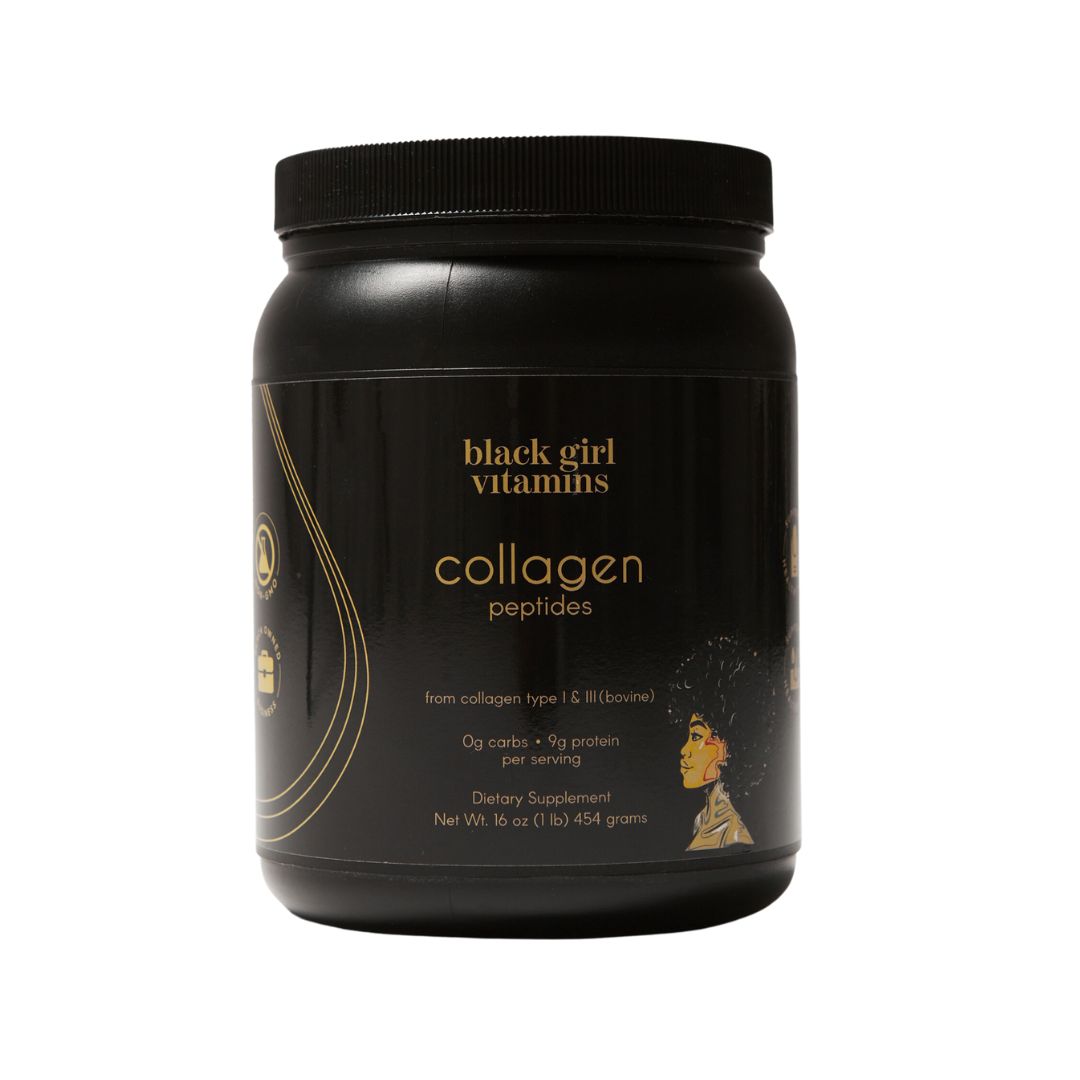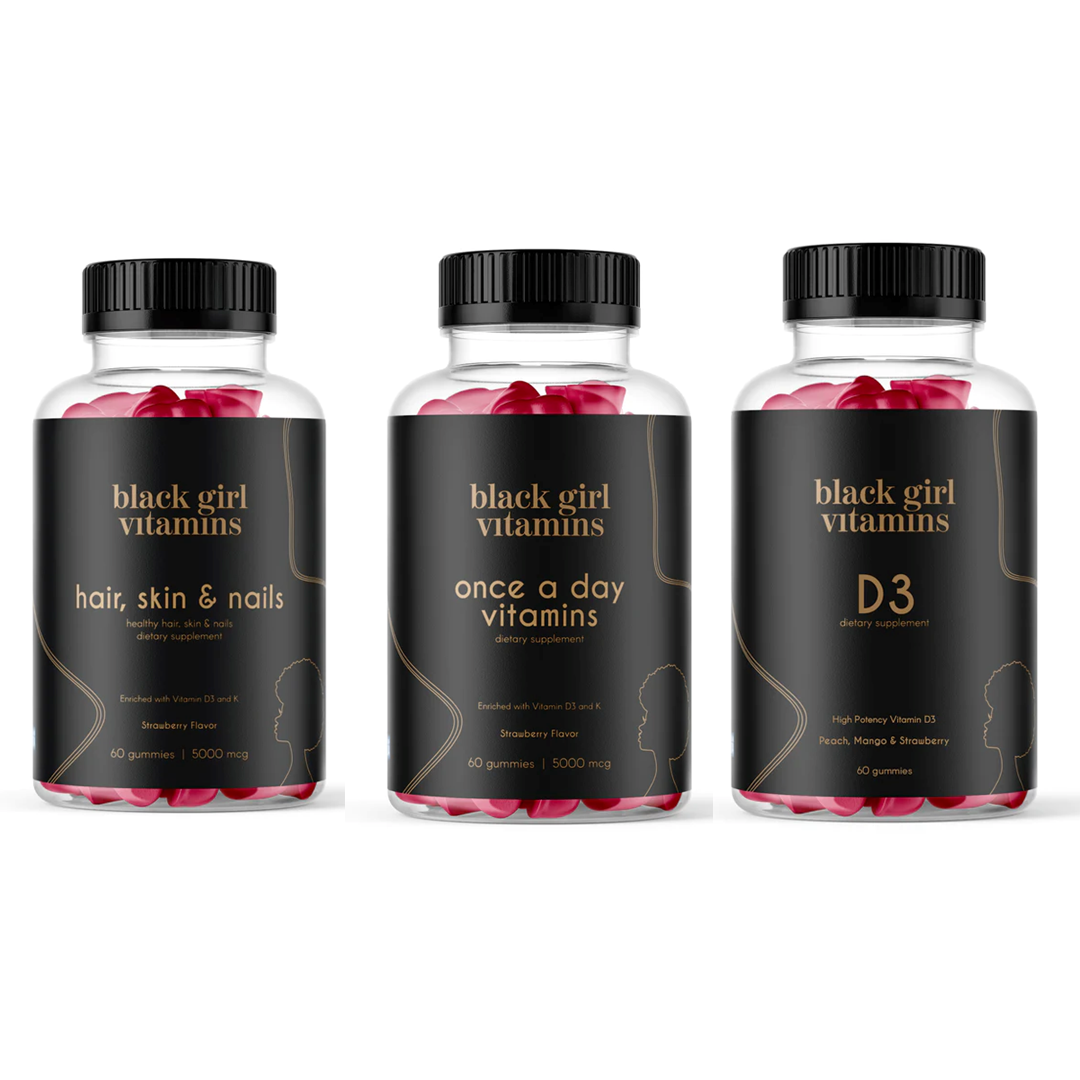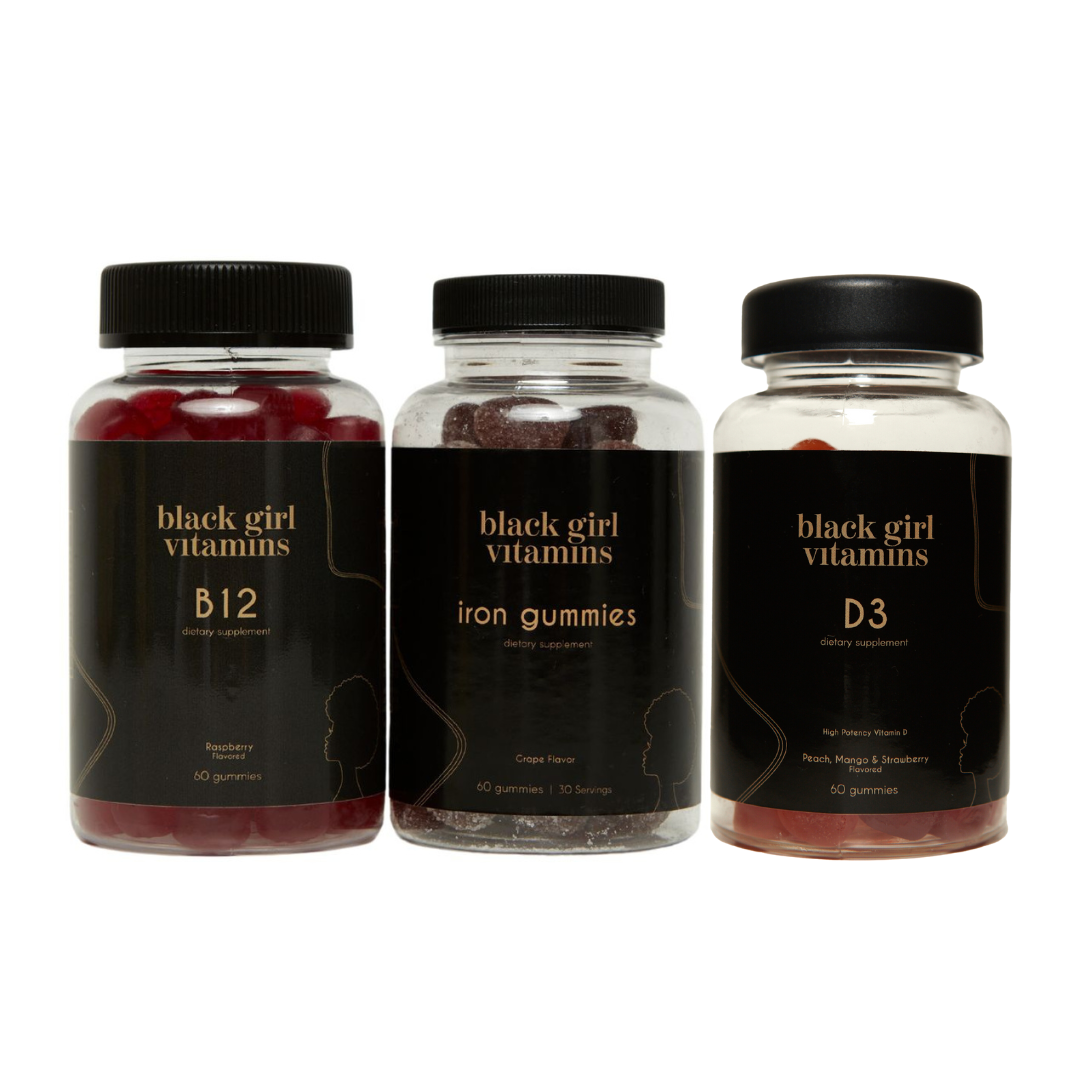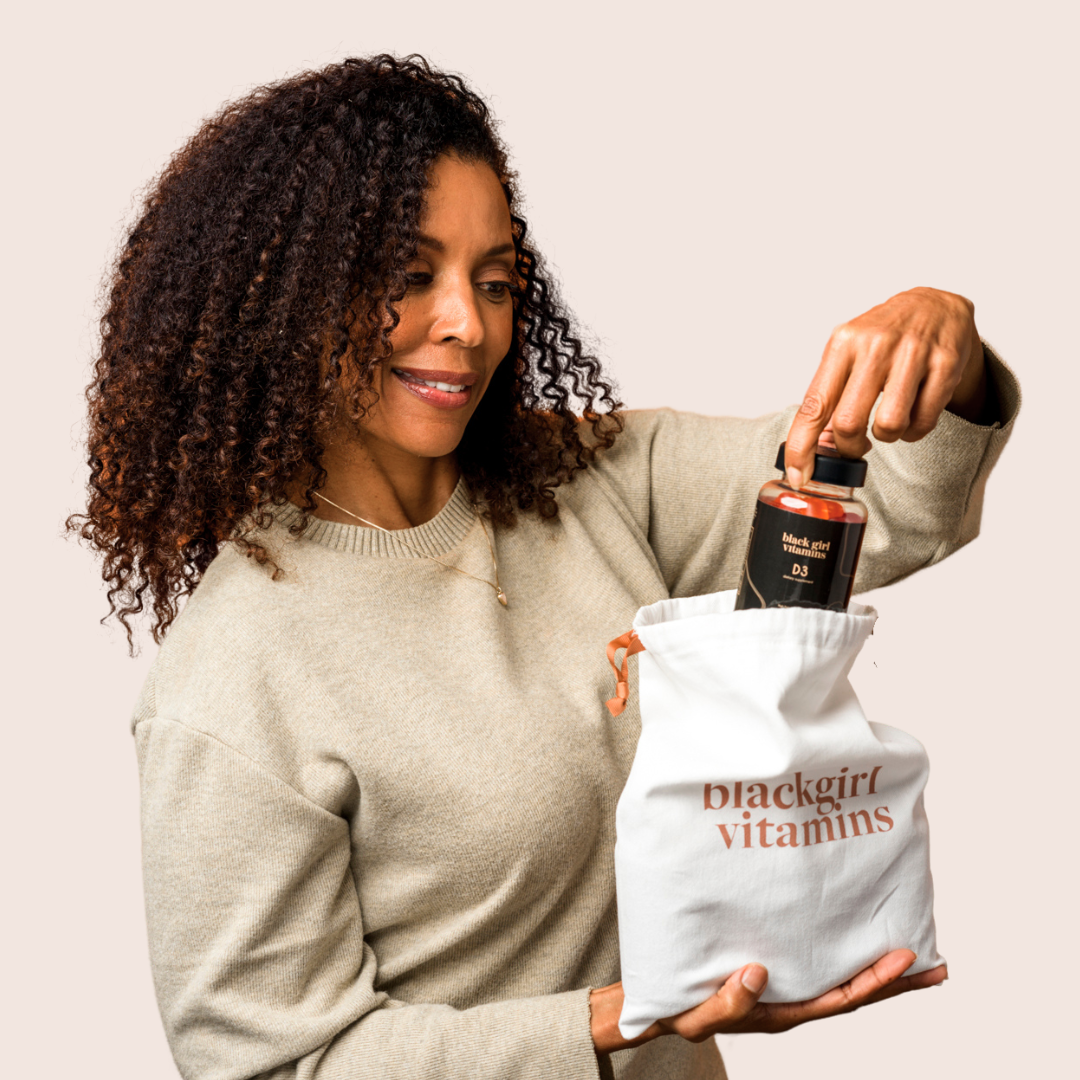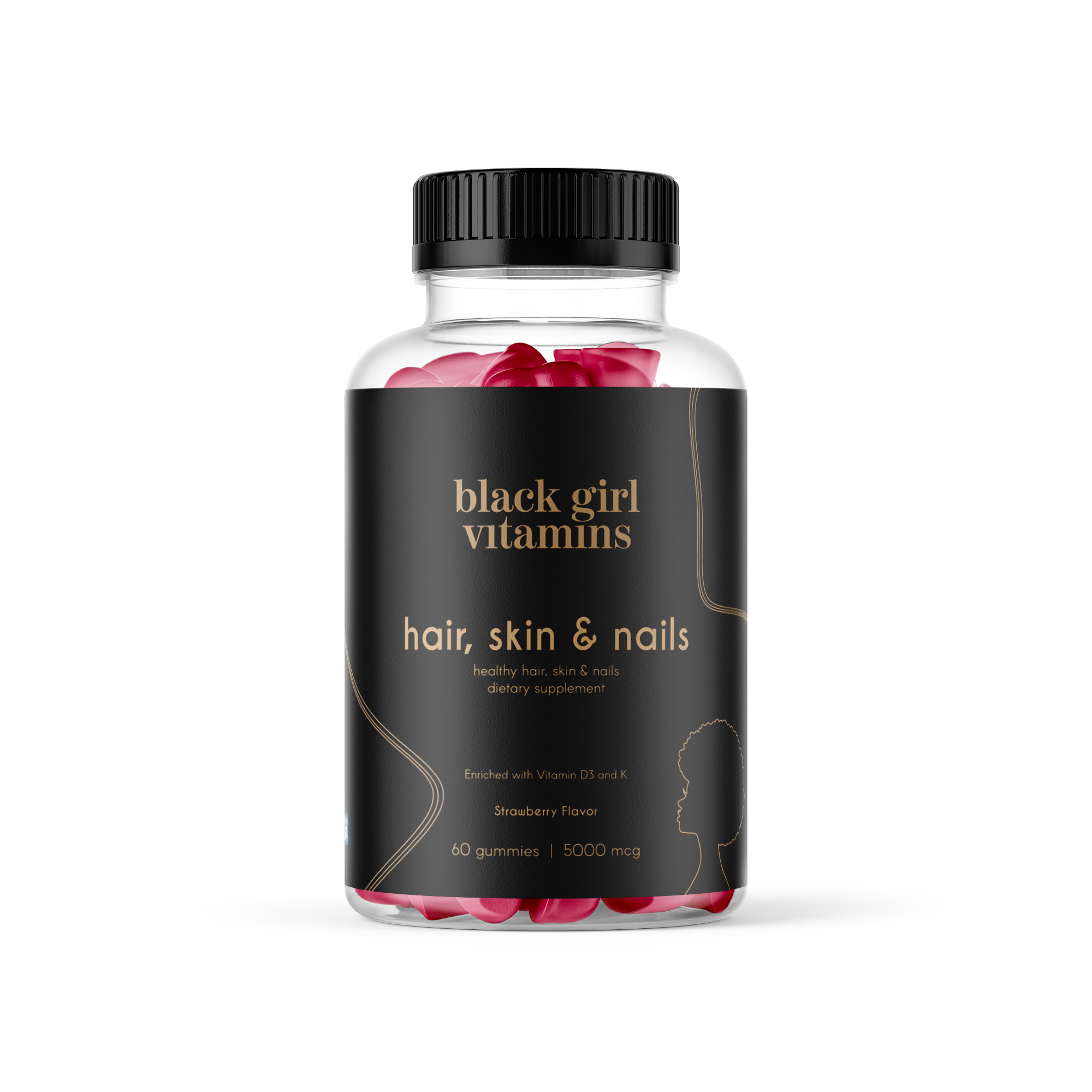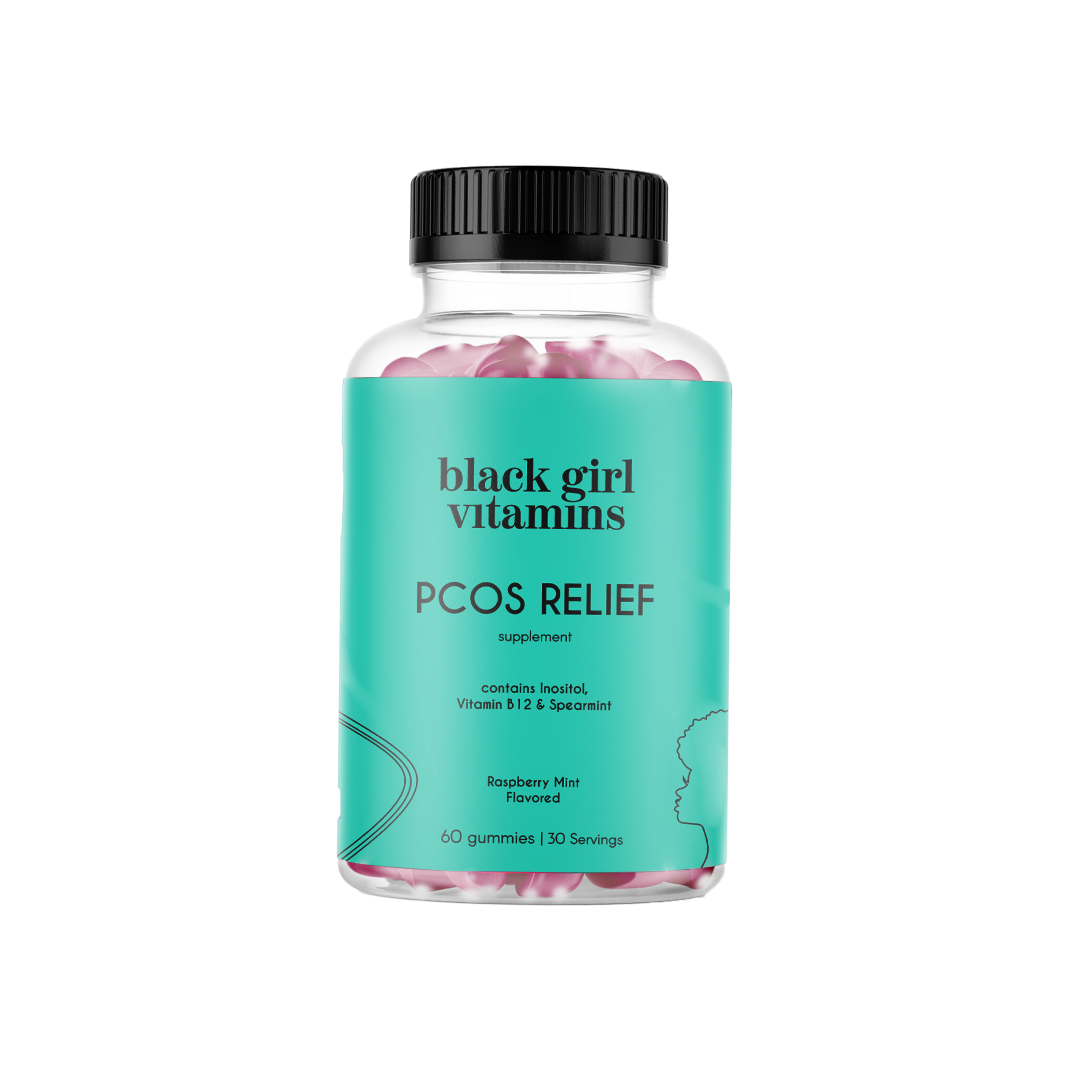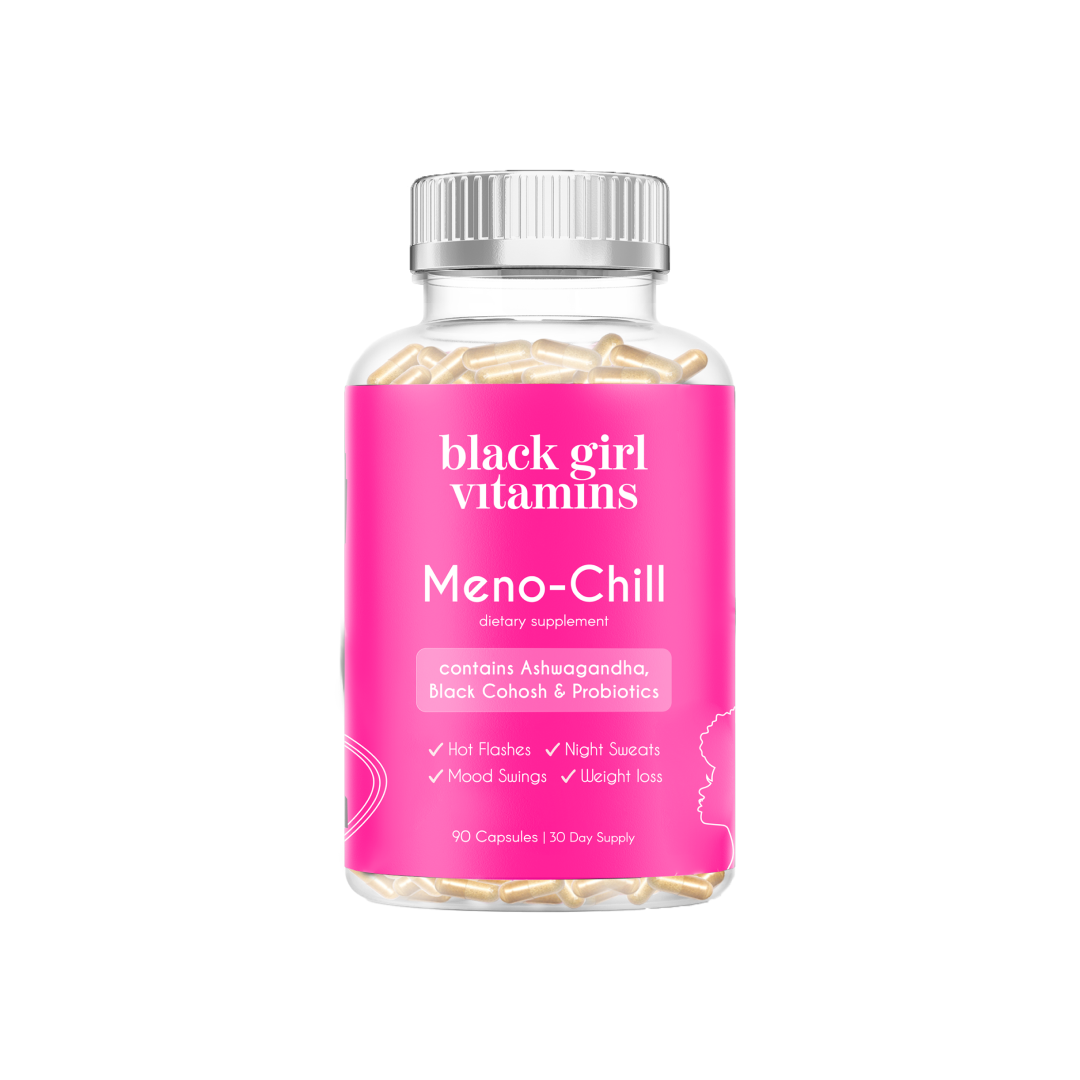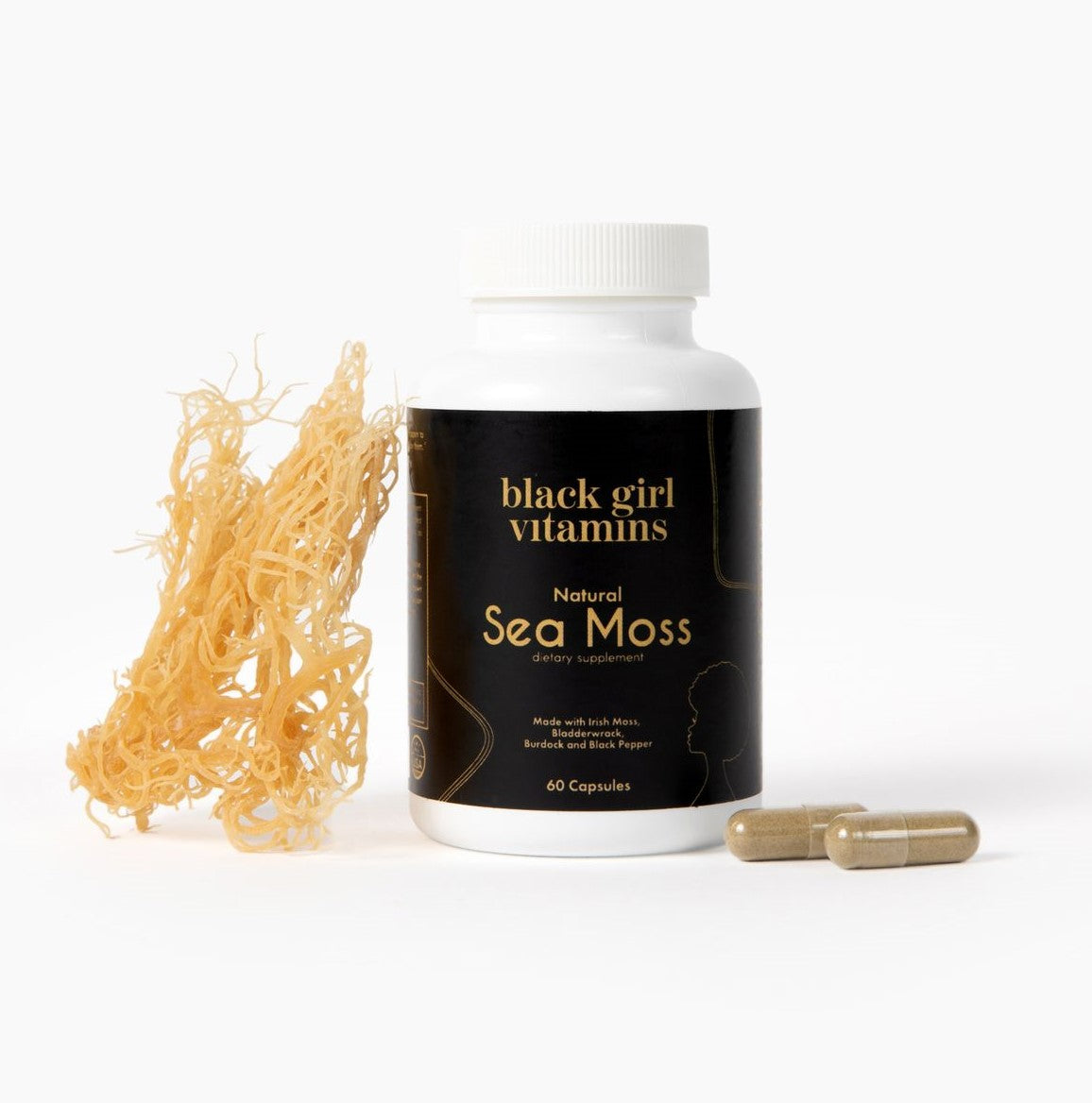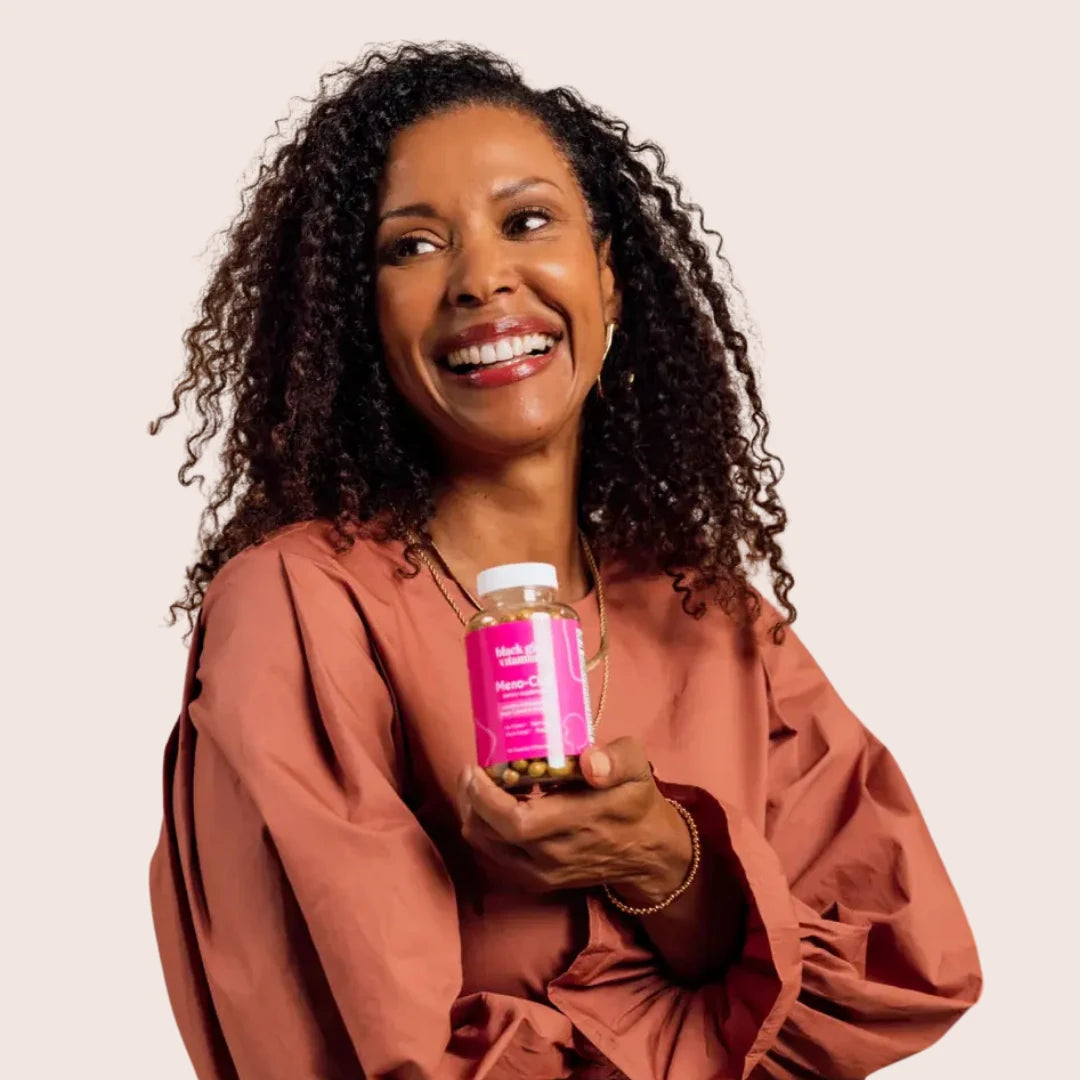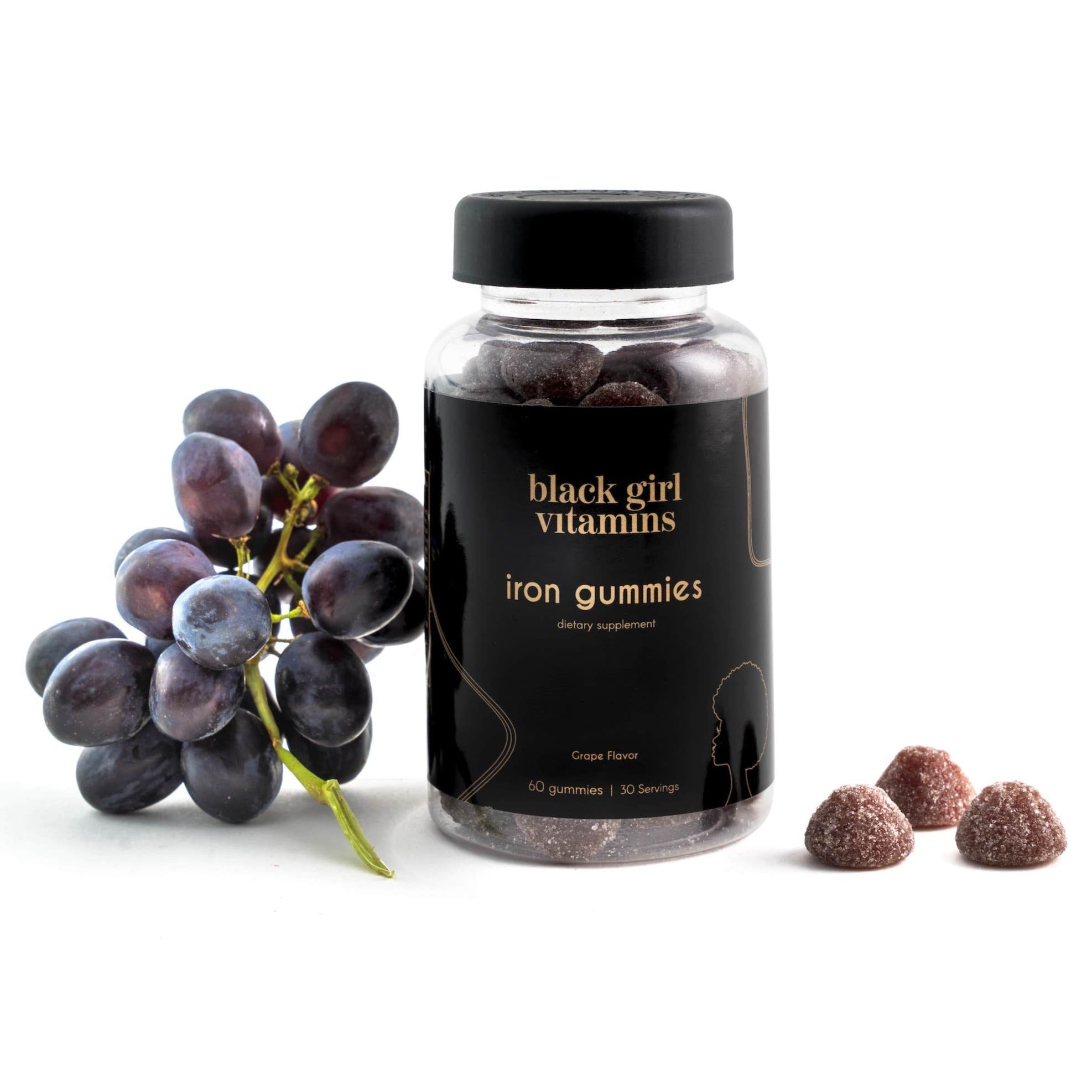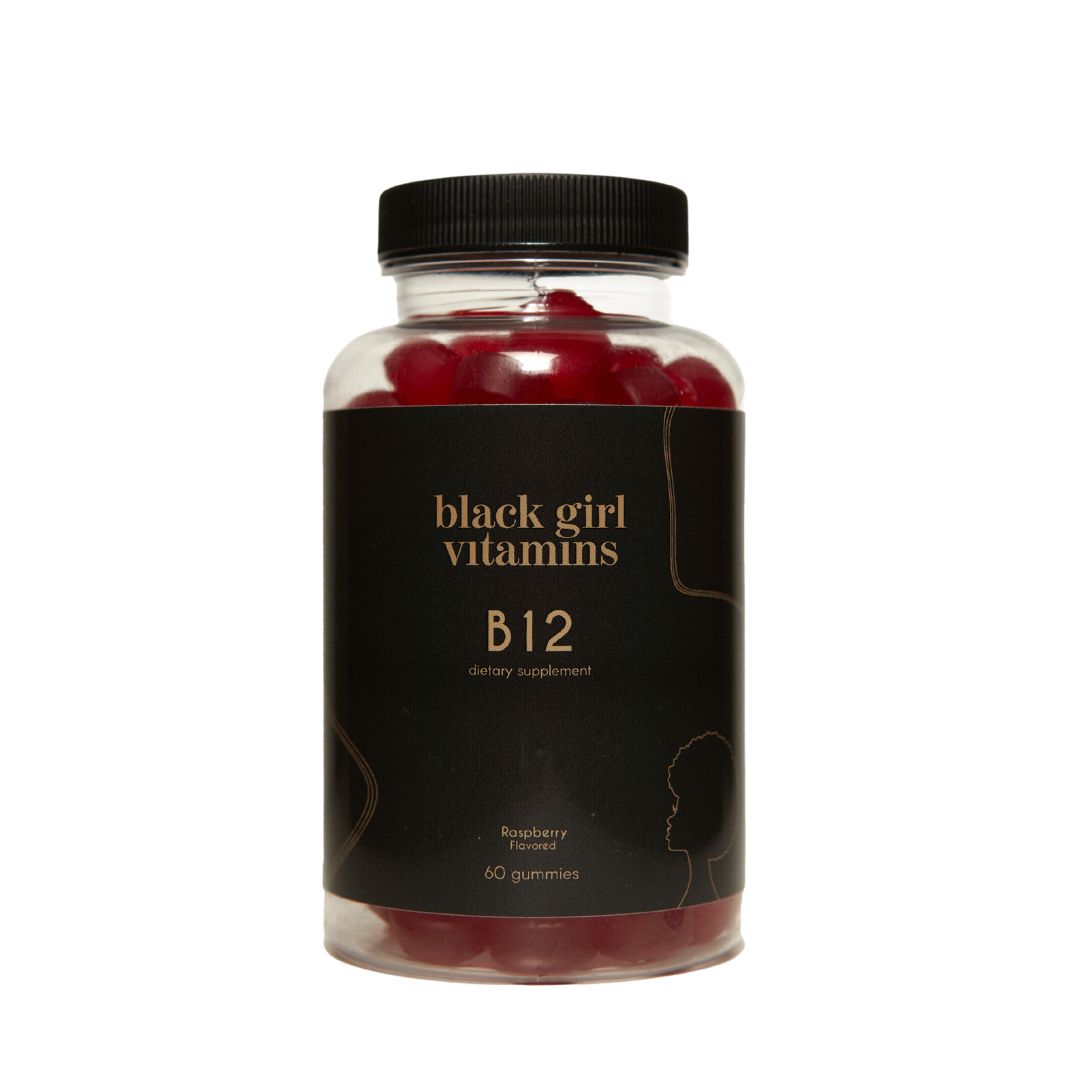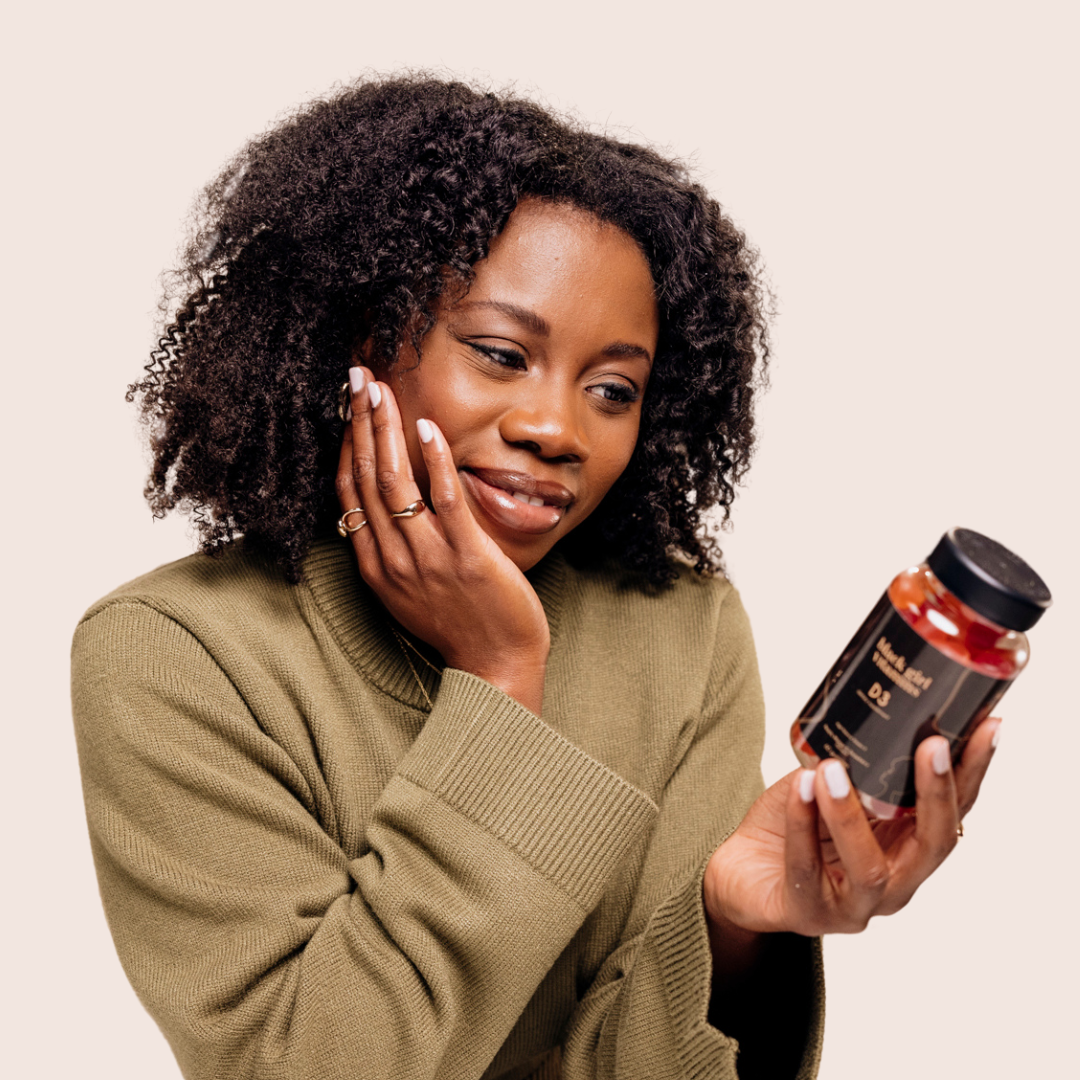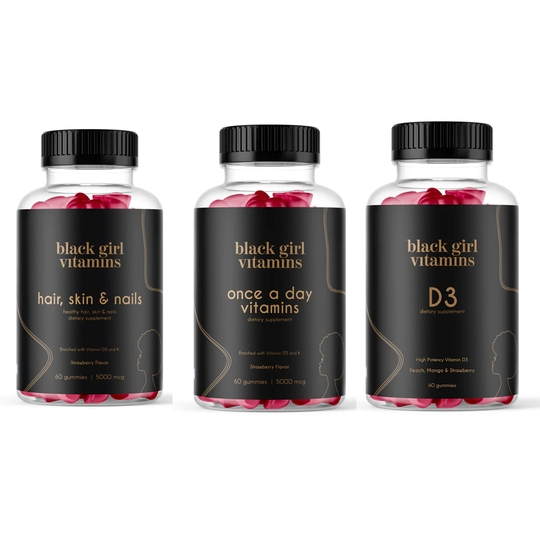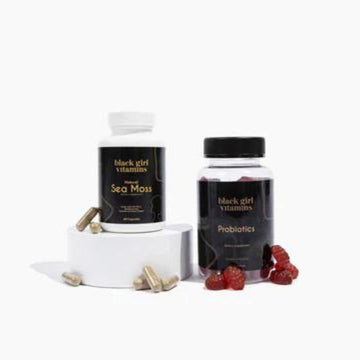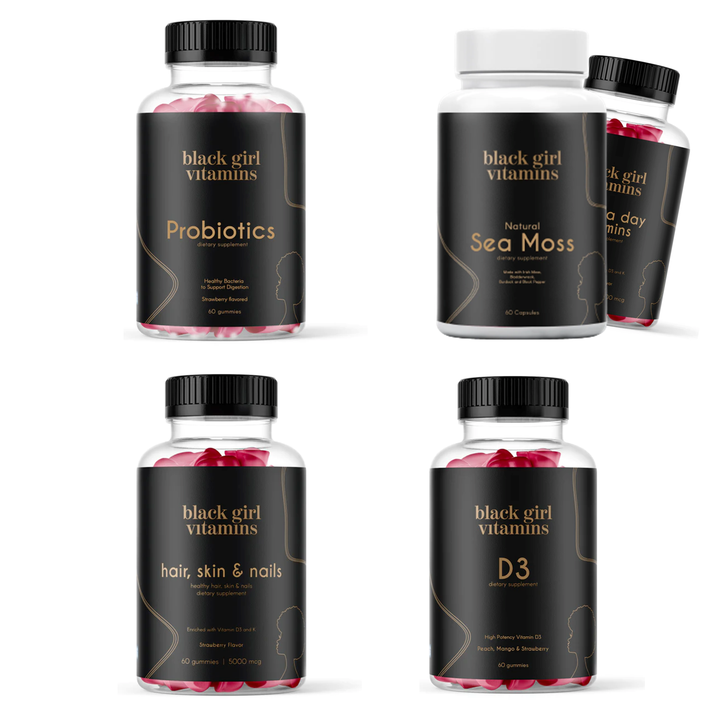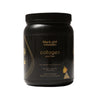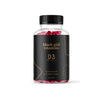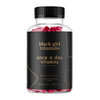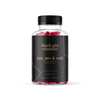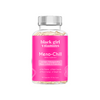How To Treat Vaginal Dryness: Easy And Effective Tips
Reviewed By | Dr. Bryanne N. Standifer-Barrett – Internal Medicine - BGV Medical Advisor
Vaginal dryness is a common concern that women face during different stages of life, especially during menopause. If your vagina feels as dry as a desert, you may be wondering how to treat it. Vaginal dryness can be caused by hormonal changes, breastfeeding, or certain medications.
No matter the cause, it’s important to address it early. In addition to causing discomfort, it can affect your quality of life, sexual activities, and overall health. You have many treatment options available that can help restore moisture and improve your comfort.
Let’s dive in and explore the causes, symptoms, and best treatment options so you can feel confident and comfortable again.
What’s Causing My Vaginal Dryness?
Vaginal dryness is often linked to changes in estrogen levels. When you approach menopause, your ovaries produce less estrogen and this can lead to your vaginal tissue thinning. This process, which reduces the natural moisture and elasticity of your vaginal walls, is called vaginal atrophy.
Low estrogen levels can also happen during breastfeeding or as a result of cancer treatments, such as chemotherapy. Some medications, such as antidepressants, can also alter hormone levels and impact vaginal moisture. Conditions such as Sjögren’s syndrome, fibroids, or endometriosis may also affect overall moisture production and contribute to dryness.
Understanding the underlying cause of your symptoms is critical to choosing the best treatment for your needs.
What Are the Symptoms of Vaginal Dryness?
Vaginal dryness symptoms can vary from mild discomfort to more severe issues, such as painful intercourse, known as dyspareunia. As estrogen levels drop, the vaginal tissue becomes thinner. This can cause irritation and sensitivity during sexual activity.
Vaginal dryness may also increase your risk and frequency of urinary tract infections (UTIs) and difficulty urinating, due to the lack of moisture. You may also notice changes in your vaginal discharge, which often accompanies vaginal dryness.
What Are the Best Treatment Options for Vaginal Dryness?
You have several effective options to explore when treating your vaginal dryness. One of the most common options is estrogen therapy, which helps restore moisture to the vaginal tissue by replenishing low estrogen levels. Available as creams, gels, or suppositories, vaginal estrogen is applied directly to your vagina to provide targeted relief.
Estrogen creams, such as estradiol, can help soothe and hydrate your vaginal walls while improving elasticity and moisture. If you prefer over-the-counter options, vaginal moisturizers and water-based lubricants can also offer temporary relief by increasing moisture during your daily or sexual activities.
Products like Replens could be more appropriate for long-term use as they may help maintain vaginal health by gradually restoring moisture. You can also consider oil-based lubricants for relief, but you must choose the right formulation for your body’s needs.
Herbs and Supplements for Vaginal Dryness
While more research is needed, some studies suggest vitamins and supplements may also help with vaginal dryness:
- Sea buckthorn oil may help support lubrication and the integrity of vaginal tissue.
- Vitamin E suppositories may ease vaginal atrophy symptoms.
- Vitamin D supplements and suppositories may decrease vaginal dryness.
- Fish oil or omega-3 fatty acids may support estrogen levels.
- Hyaluronic acid has been a suggested alternative to vaginal estrogen.
- DHEA may support estrogen levels and lubrication when administered vaginally.
That said, it’s always best to consult your doctor before using vitamins and supplements to aid with health concerns. Your doctor will be able to advise you regarding the best path for your individual needs.
How Does Hormone Therapy Help With Vaginal Dryness?
Hormone therapy, specifically estrogen therapy, plays an important role in reducing vaginal dryness caused by low estrogen levels. When the problem is caused by decreased estrogen, hormone replacement therapy (HRT) can help restore moisture and elasticity to your vaginal walls.
Estrogen therapy comes in a variety of forms, including low-dose estrogen creams, gels, and vaginal suppositories. These options provide targeted relief, directly addressing vaginal dryness without affecting the rest of your body. Of these options, vaginal estrogen is often preferred because it delivers estrogen directly to your vagina, minimizing systemic side effects.
Many women find estrogen therapy improves symptoms of vaginal atrophy, dryness, and discomfort during sex. If you’re considering HRT, consult with a gynecologist or healthcare provider to talk about the potential benefits, side effects, and which form will be the best option for your needs.
Can Lifestyle Changes Help With Vaginal Dryness?
Lifestyle changes can help manage vaginal dryness symptoms. You can help maintain the delicate balance of your vaginal area by avoiding harsh soaps, douches, and other irritants. The products often disrupt the natural pH and moisture of vaginal tissue, making symptoms worse.
Using water-based lubricants during sexual activities can increase your comfort and reduce friction. Increasing the use of regular foreplay can also stimulate your natural lubrication. Staying hydrated, eating a balanced diet, and managing stress are additional lifestyle factors that can promote your vaginal health.
Vaginal stimulation, whether with a partner or by yourself, can also help increase blood flow to the vagina, which can help with dryness as well. Communicating openly with your partner about any discomfort you may experience can also improve your intimacy and sexual well-being.
Regain Your Comfort and Confidence
When your vagina dries out, it can impact your mental, emotional, and physical health. With the right treatments, such as lubricants, estrogen therapy, and lifestyle adjustments, you can restore your vaginal health and feel more like yourself again.
Black Girl Vitamins also offers a variety of supplements, such as Meno-Chill, that may help reduce the symptoms of menopause.
Sources:
The Effect of Vitamin D on Vaginal Atrophy in Postmenopausal Women | National Library of Medicine
Hyaluronic Acid in Postmenopause Vaginal Atrophy: A Systematic Review | National Library of Medicine




